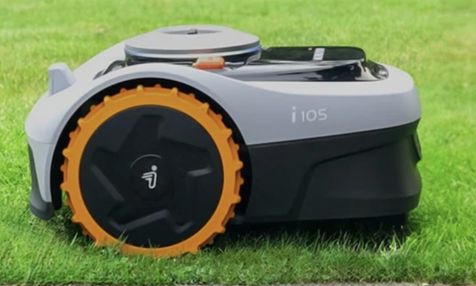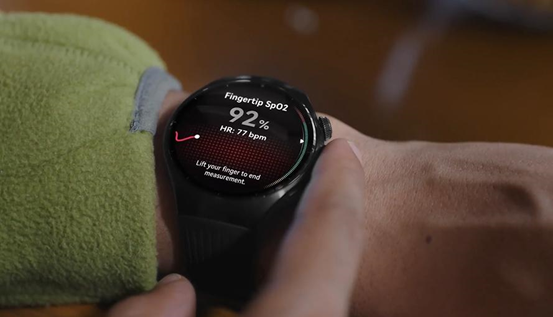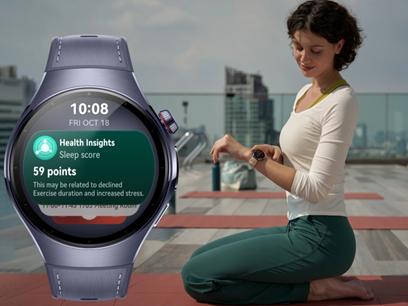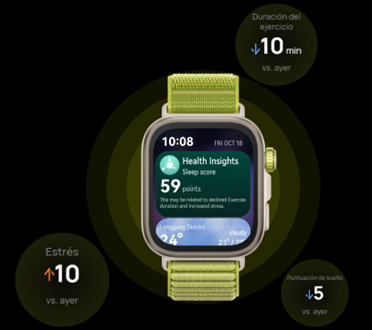In 2011, the government wanted to ban them. Ten years later, speed control warning devices remain legal, and the inhibitions of certain alerts, provided for by the LOM, are still not effective... They could be from November 1, 2021. Our section Live from the law answers your questions and allows you to better understand your rights, thanks to the advice and recommendations of Maître Caroline Tichit in particular.
For a long time, public authorities have been eyeing driving assistance assistants, the official name of Coyote and Waze type radar warning devices. After having wanted to ban them, they seek to neutralize them in certain circumstances. Where are we exactly today? Here's what to remember, with the details of lawyer Caroline Tichit...
dailymotion 
Live from the law – Speed camera warnings: their alerts neutralized?
A decree specifying the terms of application of Article L130-11 of the Highway Code which provides for the prohibition of the retransmission of alert messages from this type of device (or application), as provided for by the Law of Orientation des Mobilités (LOM), has just been published. It sets part of the terms and conditions necessary for this implementation... The ban will thus be taken by the prefect on the proposal of the police or the gendarmerie, and the information indicating "the lanes or portions of lanes concerned and (...) the date and times of the beginning and end of this prohibition" will be "communicated (...) by means of an information system making it possible to guarantee their confidentiality and their integrity during transmission."
But beware, the "technical terms of exchange" with the operators of these services "as well as the means to be put in place to ensure their protection and destruction after use" must still be "defined by order of the Minister of the Interior taken after the opinion of the National Agency for the Security of Information Systems”, also stipulates the decree published in the Official Journal of April 20… Clearly, it is not ready. Moreover, it is expected that the decree will come “into force on November 1, 2021” only.
Ten years of it...
It was in 2011 that the assaults began. At the time, the government had outright expressed the wish to ban these radar warning devices. But the case ended with a simple change of vocabulary: the word "radar" was banned from all alerts, and the devices were renamed "driving assistance assistants". Finally, above all, it gave the impression of a real publicity stunt for them!
With the LOM, promulgated at the very end of December 2019, the breach seems wide open this time, but the arrow is far from hitting the bullseye. If the text indeed gives "a framework to allow the neutralization of the services of these driving assistance assistants, in order to prevent these different services from being able to warn drivers of the existence of checks", indicates Me Tichit, it absolutely does not target speed controls. "We imagined that this neutralization aims above all to avoid preventing the presence of radars, but the law does not concern them at all".
For the time being, article L130-11 of the Highway Code, relating to this new measure, only points to roadside checks for blood alcohol, narcotics, verification checks carried out in the context of the prosecution of acts terrorism, wanted persons, theft, concealment, drug trafficking, weapons, explosives, to prevent serious harm to the security of persons and property, for crimes or misdemeanors punishable by at least three years' imprisonment. Exit radar checks. At least, for now...
"The duration of this ban cannot exceed two hours" for blood alcohol or narcotics controls, "or twelve hours if it concerns another operation", according to the article. "The lanes or portions of lanes concerned may not extend beyond a radius of ten kilometers around the road checkpoint when the latter is located outside built-up areas and beyond two kilometers (…) in built-up areas" , he also explains.
Neutralization not yet effective
Was such a law really necessary for this kind of controls? One can wonder since in the past, in certainly exceptional circumstances, it has already happened that Coyote suspends his service, for example. This is what the company told us about "terrorist attacks (January and November 2015)", and this, "in order to be certain that none of its alerts can be diverted for the benefit of 'one or more dangerous individuals who would like to thwart police checks'. Coyote therefore has "no qualms" for these "cases of specific inhibitions provided for by the decree (anti-crime checks, and alcohol and drug tests), for a defined period and in a given area. ".
But as it stands, all the necessary regulations are not yet in place to allow such inhibitions. And once it is - perhaps by the end of 2021, given the date of entry into force of the decree - it will remain to be verified that the process is really used. And that is not won!





